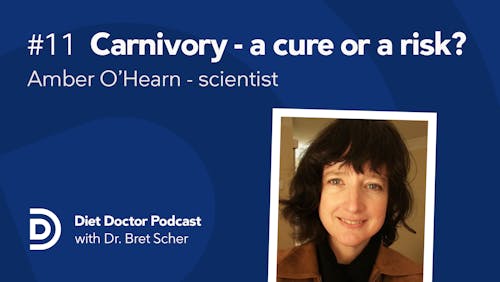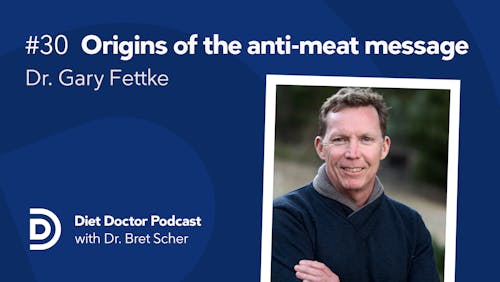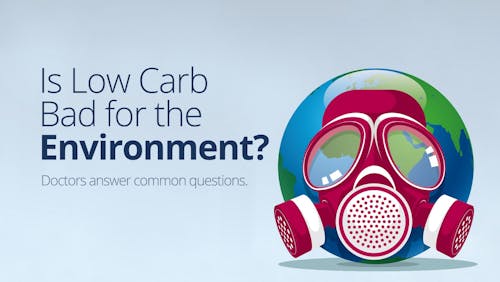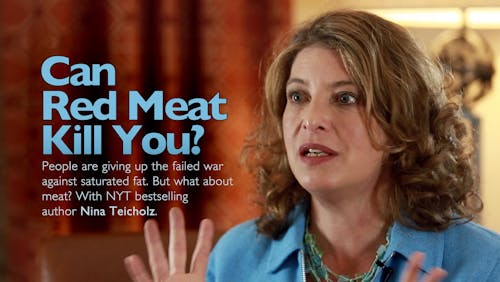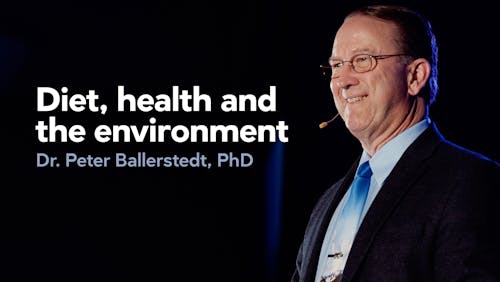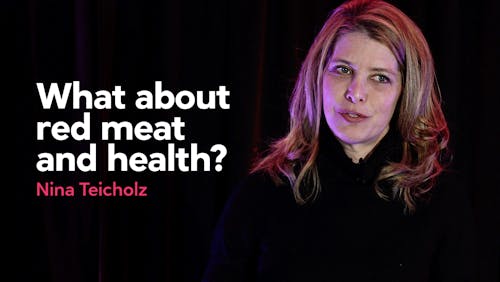Weak science puts meat in the hot seat — once again
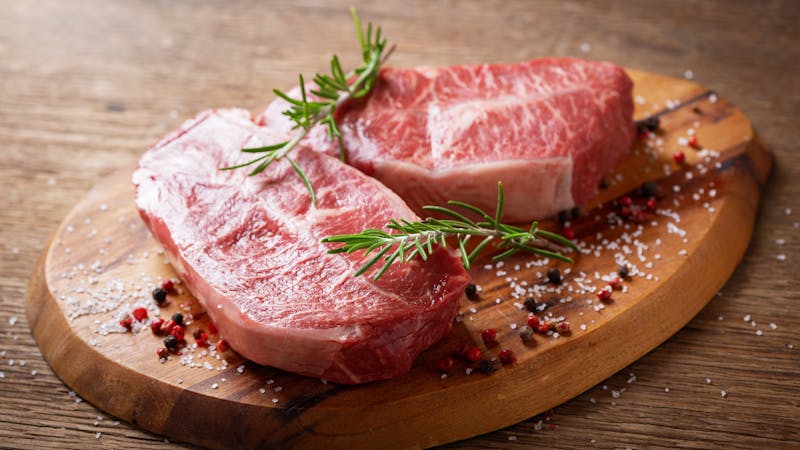
Two recent studies claim eating meat increases the risk of a host of illnesses, including dying. But these studies rely on low-quality evidence and aren’t reliable enough to meaningfully inform whether we should eat meat.
We’ve covered the science behind eating red meat and continually conclude there is no quality data to suggest you will be healthier by avoiding meat. The news headlines that two recent studies “show the dangers of meat” don’t change our conclusions.
The first was published in the Journal of the American Heart Association (JAHA). The authors performed a retrospective analysis of over 100,000 postmenopausal women as part of the Women’s Health Initiative.
From this analysis, they conclude that those who ate the highest amount of plant protein had a minimal reduction in death risk (hazard ratio of 0.91). Those with the highest intake of animal protein had a minimal increased chance of dying (hazard ratio of 1.06).
There are other findings, but they aren’t worth reporting because the data’s quality is so sufficiently low that we can’t draw any meaningful conclusions. First, the study collected data from food frequency questionnaires, a notoriously unreliable means of data collection.
Next, the hazard ratios were minuscule. Remember, the hazard ratio for smoking and cancer was between 15 and 30. In this study, it is 1.06. We, and other experts, maintain that a hazard ratio less than 2.0 in a nutritional epidemiology study is more likely to be statistical noise than cause and effect.
Lastly, one only has to look at the baseline characteristics of participants to see that those who ate more animal protein than plant protein had a lower educational level, were more likely to smoke, were less likely to exercise, were more likely to have diabetes, and more likely to have a higher BMI. Baseline characteristics, like these, are a classic reflection of “healthy user bias.”
Healthy user bias occurs when people — usually those also more wealthy and educated — take up a host of behaviors believed to promote health. We can’t untangle diet from these backgrounds or behaviors that might also lead to improved health.
So, once again, this study does not add any meaningful guidance to understand if animal protein or red meat will negatively affect your health.
The second study, published in BMC Medicine, deserves the same criticism. The authors performed a retrospective review of 474,000 adults over eight years.
From this review, they conclude that those who ate more red and processed meat had a minimal increased risk of heart disease, pneumonia, diverticular disease, colon polyps (or small precancerous cells that form on the lining of the colon), and diabetes, with hazard ratios ranging from 1.19 to 1.3.
At baseline, those who ate more meat were less educated, had a higher BMI, were more likely to smoke and drink alcohol, and less likely to exercise.
Just as eating meat did not cause them to smoke or be less educated, eating meat did not cause them to get pneumonia, diverticular disease, or heart disease.
It is unfortunate that low-quality studies, such as the two highlighted here, continue to get attention from the media and clinicians. These studies don’t provide meaningful information for a clinician to advise you on what to eat — or for you to decide what to eat.
You can read more about reports that examined the quality of evidence against red meat and processed meats, and how in both cases, the volume of evidence does not support the resulting misguided claims.
If you enjoy red meat and are eating it as part of a dietary pattern that helps you feel healthy, improves your metabolic health, and maintains lean muscle mass, we have no scientific reason to tell you to stop.
Thanks for reading,
Bret Scher MD FACC
Earlier
A keto diet successfully treats prediabetes in over 50% of patients
Metabolic health is a better predictor of heart disease risk than LDL
Keto diet improved PCOS and NAFLD better than medical therapy


